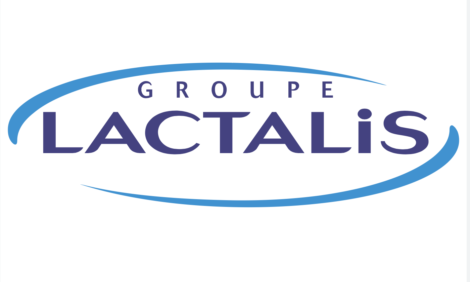



EU Aid Package: RABDF Calls For Flat Rate Payment
UK - The Royal Association of British Dairy Farmers has called for all producers to receive a share of the £25m EU dairy aid package in response to the government’s consultation on the fund’s allocation.“Every single dairy farmer was adversely effected by the global downturn in market prices, therefore they should each receive an equal share of the fund based upon production between October 2008 and September 2009, a figure that works out at a flat rate of 0.2ppl for milk produced in this period,” commented RABDF technical and policy adviser, Tom Rabbetts.
“The alternative option to offer 0.5ppl for the first 100,000 litres and thereafter 0.15ppl would favour smaller producers; unfortunately we have been unable to find any supporting evidence to prove that they were affected by the slump in milk price any different to larger producers. To do so would take some time and we want the fund to be distributed at the earliest in the simplest and most efficient manner.
“Furthermore, that option would only present an advantage to approximately 3,500 producers and far more suffered from a low milk price. In fact all dairy farmers’ farm gate milk prices were hit hard during the downturn, therefore we believe that they should all receive the same flat rate payment,” he explained.
RABDF however has not backed the government proposal that farmers producing less than 50,000 litres a year should be exempt from funding. “If a producer has milk quota, is registered with the RPA and is contributing to the dairy industry, then why shouldn’t he or she receive the fund too? The number of producers below the 50,000 litre threshold is relatively small, therefore it’s unlikely that to pay these producers will cause too much administrative burden.”
He adds: “Awarding 0.2ppl is not a huge amount for farmers, but it may help to pay a bill or two. However we do not believe that this is the best way forward to achieving a free market; the fund was introduced mainly to support weaker EU member states’ less efficient farmers and while we are grateful of the fund, it is unlikely that it will support these farmers in the longer term.”
TheCattleSite News Desk


